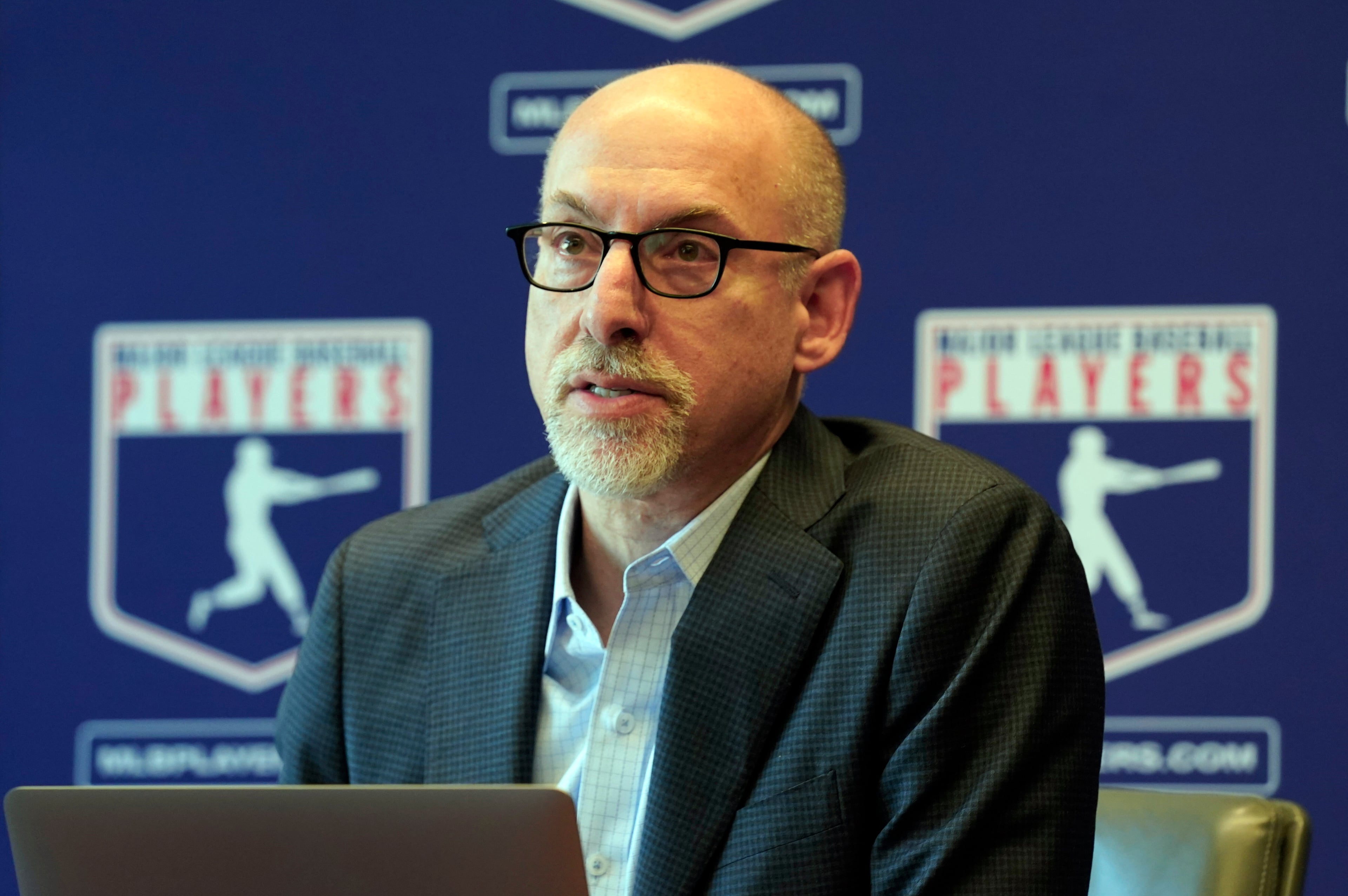SXSW: Tennis star Andy Roddick talks up his foundation

Andy Roddick got the idea to start his own charitable foundation when he was only 17, back when he was the top-ranked junior tennis player in the world.
Roddick was on the same airplane flight with Andre Agassi, one of his childhood idols. A gracious Agassi granted the youngster 30 minutes of his time. That’s when Agassi passed along one of his chief regrets — not starting his own foundation earlier in his career.
“When he’s your hero,” Roddick said, “and you can actually beat him to the punch at something, you take that opportunity.”
Roddick, the 33-year-old philanthropist, was a featured panelist Sunday at SXSports, when he talked with journalist Bonnie Bernstein about enhancing a charitable brand long after the competitive days are over.
The Andy Roddick Foundation was created in Boca Raton, Fla., but when Roddick moved back to Austin, his non-profit transitioned with him. It’s evolved from a foundation that donated money to other charities into one where Roddick is more hands-on.
The foundation’s office is located in far east Austin and it sponsors after-school and summer programs with Pecan Springs Elementary School. By 2020, Roddick wants his foundation to partner with 10 schools in the city, mainly helping children from lower-income areas.
Roddick layered his talk with anecdotes from his career, which included winning the U.S. Open and making four Grand Slam finals, before announcing his retirement on his 30th birthday. And he chatted about his future plans for the foundation.
To date, Roddick has raised $20 million. He says he’s received the most help raising money from pop superstar Elton John, who has donated his talents to entertain at five foundation fundraisers.
His advice for pro athletes wanting to give back?
Establish a foundation and curry sponsors while you’re still competing and attractive to deep-pocketed corporations.
And he has a regret, as well. When he first moved back to Austin, he acknowledged that the city was Lance Armstrong’s town. He said he sat back and didn’t make as much of an effort to attract attention for his non-profit.
“I wish I’d have tried to be more established here now,” Roddick said. “I wouldn’t have had to play catch up.”


